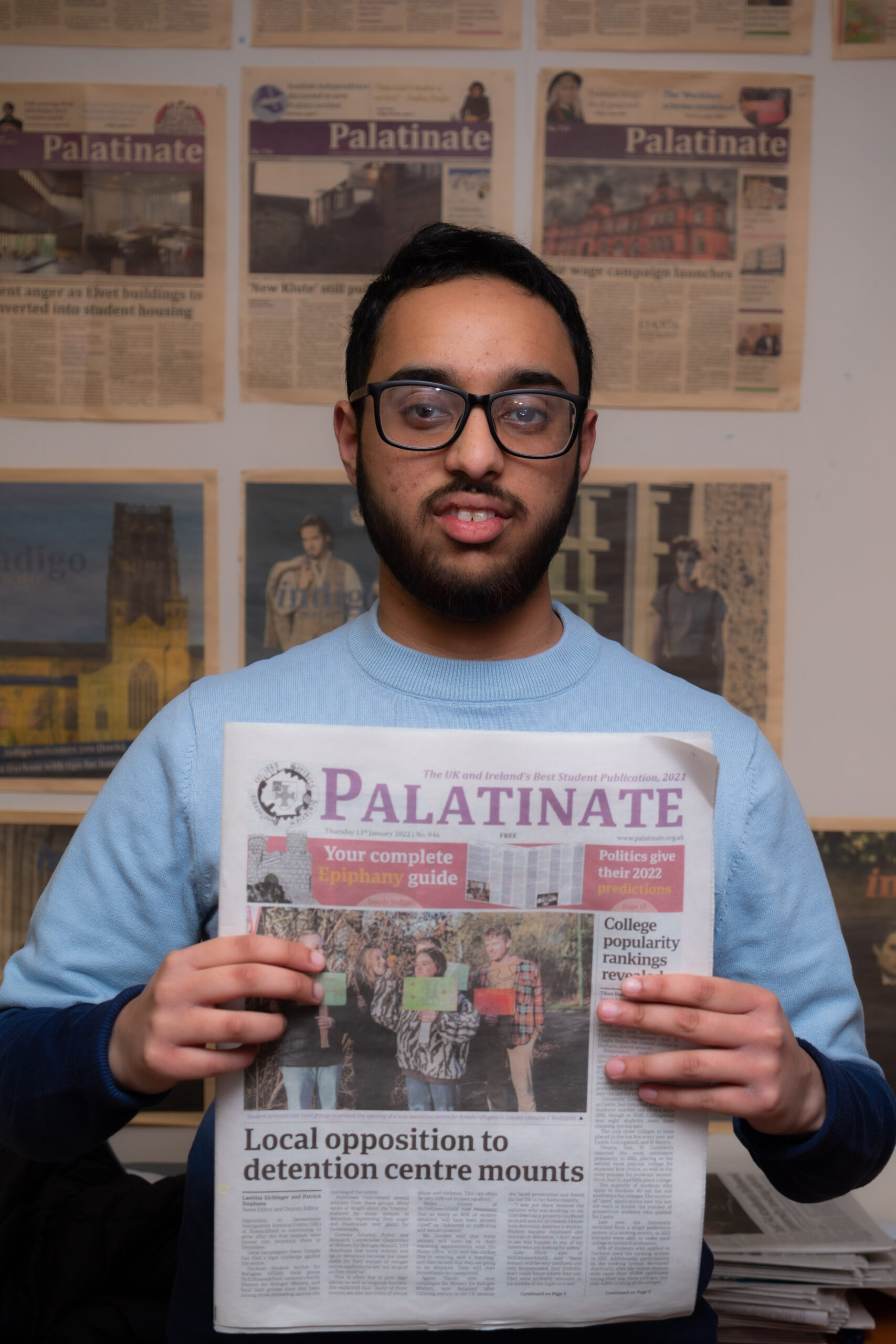As head of comment for The Press and Journal in Scotland, Alex Watson manages the paper’s entire output of opinion pieces, including a large team of columnists and guest writers. Outside of work, she also produces a podcast about the legendary documentary presenter, Louis Theroux. It’s a lot.
The Press and Journal, owned by DC Thomson, is technically a regional paper, but it covers a giant patch. Looking after the north of Scotland, it stretches all the way from Aberdeen to the Highland islands. If this wasn’t enough, Watson also looks after the paper’s sister title, The Evening Express, which is an Aberdeen City paper. When she has the time — which isn’t very often — she also occasionally writes her own columns.
We catch up with Watson to discuss how she went from working at IKEA to becoming a journalist, what she thinks of shorthand, and why we should be paying for our news.
My Day Starts At…
I’ll get up, usually go for a quick walk, and get a coffee. I used to have quite a long commute and when the pandemic and home working started, I still wanted to try and have a bit of a walk in the morning and clear my head, so I still do that just out of habit.
I do have an office. I’m not in there all the time as we’re hybrid working, but to be honest, it’s pretty much the same whether or not I’m there.
I sit down at the desk for 9am on emails, catching up on how the day before went. We have a morning conference at half past nine, where all of the editors for each of the teams are on a call together. If we’re in the office, we’ll be in the office together, but some people are in Inverness and [elsewhere] so there’s always somebody who’s remote.
Then I just kind of work in theory until five, but often after that.

My Typical Day Is…
I think [for] most people, especially once you get past a certain level, it’s never nine-to-five, really. In theory it is, and there are some days where I can log off on time and that’s great.
Other days, when big news stories are happening, like a new First Minister, or the Queen dying (that was quite a big one), you kind of get that adrenaline anyway, where even if you’re not in the office, it’s quite an exciting day and you want to see what’s happening, you want to be involved, and those tend to run a bit longer.
So it’s a bit of a balance, and I have tried to be more aware of my work-life balance. Especially when you’re working from home, you can just get chained to the desk. So I have tried to make sure to step away, but some days you just end up working later.
I Always Thought I’d Be…
I’ve always wanted to be a writer for my entire life, as long as I can remember. I’ve always told my parents I would be a writer, I just never actually wrote anything for a really long time.
I did English literature as an undergrad, graduated, worked at IKEA, and then decided that I couldn’t take that any more and I had to do something else. So I thought, “What skills have I got? I can write, so I’m going to apply and study journalism,” and that’s what I did.
What ended up happening is, being immersed in local journalism [with] a lot of very experienced reporters and editors, I [fell] in love with journalism since I started. I don’t think I’m one of those people who’s always been like, “I’m going to be a journalist.”
But I think now, as I’m really on board with it, we’re just lucky to have it.





